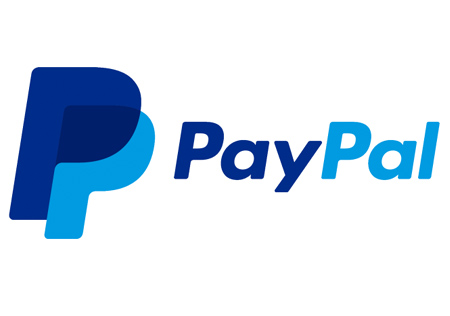
Three customers filed a class action lawsuit alleging PayPal violated racketeering laws (RICO) over its payment holds practices, but a judge recently sent the case to arbitration, according to an article in Bloomberg.
Many companies, including ecommerce services, have added clauses to their User Agreements that are favorable to themselves, and arbitration clauses are a case in point. Prior to their adoption, sellers could bring class-action lawsuits to change what they considered to be unfriendly practices.
Bloomberg quoted the judge in the current case as writing, “The court finds it important to note that plaintiffs could have opted out of the arbitration provision.” Does that mean she would have been more amenable to letting the case move forward if PayPal hadn’t had a provision that let users opt-out of the clause within 30 days of accepting the User Agreement?
But do new users really have the wherewithal to opt out of arbitration clauses? Does anyone honestly believe that the majority of buyers and sellers have thoroughly read user agreements of services like PayPal, eBay, Amazon, Etsy, Facebook, Craigslist, etc. for each and every update, and then proactively opted out of clauses where able?
The National Association of Consumer Advocates (NACA) writes of binding arbitration clauses: “Most Americans have never noticed this clause in the fine print of terms of agreement or contracts. Moreover, companies may call the condition “binding mandatory arbitration,” “arbitration,” “mandatory arbitration” or even call it a “dispute resolution mechanism.””
As NACA notes, there’s nothing wrong with voluntary arbitration, “but you never want to give away the right to sue if arbitration does not work.”
It seems the judge didn’t entirely close the door to the possibility of plaintiffs fighting the arbitration ruling – Bloomberg reported the judge would allow plaintiffs to file another action to confirm or vacate any arbitration award.
We recently wrote about a change in PayPal’s User Agreement coming next month. (PayPal gave users the courtesy of pointing out three major provisions that were changing – unlike eBay, though neither company provides redlined versions for utmost clarity.)
One reader believed the new PayPal UA was again opening the door to users to opt out of arbitration clauses. A PayPal spokesperson said that was not the case, though she said PayPal had added an arbitration opt-out clause to Venmo in May. You can find the arbitration opt-out section on p. 53 of the new PayPal User Agreement.
PayPal customers should take note that its User Agreement specifies that sellers may bring action in small claims court as an alternative to arbitration. The arbitration section includes the following paragraph:
“You and PayPal each agree that any and all disputes or claims that have arisen or may arise between you and PayPal, including without limitation federal and state statutory claims, common law claims, and those based in contract, tort, fraud, misrepresentation or any other legal theory, shall be resolved exclusively through final and binding arbitration, rather than in court, except that you may assert claims in small claims court, if your claims qualify and so long as the matter remains in such court and advances only on an individual (non-class, nonrepresentative) basis. This Agreement to Arbitrate is intended to be broadly interpreted. The Federal Arbitration Act governs the interpretation and enforcement of this Agreement to Arbitrate.”
Interestingly it is coming up on the 10-year anniversary of both eBay and PayPal adding the arbitration clauses to their User Agreements. Too late for the majority of users to opt out if they hadn’t known about it when they joined.





Now you need a lawyer before accepting your PayPal account? Honestly. And I’m pretty sure your lawyer would advise against agreeing to the document anyway.
“You do business our way or no way.” In all the years I’ve used PayPal I’ve never had an issue such as this–but that does not mean I never could. I dislike having a gun held to my head to do business.
This past year my customers have jumped on the Venmo bandwagon. But now….PayPal owns that, too.
I’ve closed my business. I’m done working with PayPal. And when I open my new business I will not accept payments through PayPal or Venmo.
Fair business practices have become a thing of the past. The internet has promoted this simply because of these incomprehensible agreements (and constant “cookie” acceptance pop-ups.)
Common people need common language agreements. I consider using legal-speak acceptance agreements to be unfair to the person not versed in legalese.
It has become necessary before making an internet purchase to READ the site’s return policy, the reviews, especially if negative (although many sites pick & choose which reviews get posted,) and any FAQs. Be sure to question the COST of a return (case in point–Overstock.com.)
Now that we’re addicted to online gratification they are tightening the noose. Get use to it.